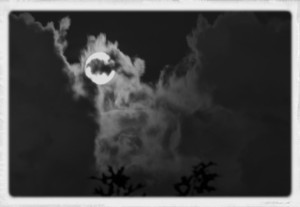Reason Four is Self-Control
In addition to strength, distinctiveness, and resourcefulness as reasons for reading From the Lives We Knew, I want to add the attribute self-control. By the phrase self-control, I mean restraint but not repression.
When you read From the Lives We Knew (as I hope you will) and come to a young man’s story about his family from Kosovo, I’d love to hear how you feel about his grandfather. Not merely in the chapter, “Grandfather’s Pension,” but throughout the ten pieces about this family, I see a man whose self-control is a key to his survival and his leadership in his family.
(Remember, once these characters evolved while I was writing my book, they became real to me, no longer my creations, but independent beings.)
In one scene, the grandfather’s son is strongly tempted to pursue a vendetta — tempted not merely by his own rage, but by an acquaintance, who pressures him to come on a manhunt. The grandfather recognizes how vendettas have crippled the culture of Kosovo. He has as much reason as anyone to feel enraged by an injury to his family, but he argues against giving in to the pursuit of vengeance, which will not help with the rebuilding of his homeland.
The people you’ll meet in this book endure disorganization, unpredictability, danger loss, pain, and filth. In such chaos, some people shut down. They withdraw mentally and emotionally, sometimes even physically. Others may not withdraw, but they break down with a tearful sense of helplessness. Still others lash out, with either violent language or physical force or both. A certain type of person, however, may rise up from the chaos and, with remarkable inner tranquility, lift up the faint-hearted and quiet the enraged.
This individual has a quality called self-possession.
You’ve heard of forgiving but not forgetting. The grandfather turns this upside down. His line of reasoning is pragmatic rather than idealistic. He scoffs at the notion of forgiving the ones who have hurt his loved ones. He’s willing, however, to leave whatever vengeance may come their way to the authorities, whether governmental or divine. By forgetting about what they have done, he has virtually forgiven them, too. He has dropped the burden of his anger and the distraction of settling the score.
In my book, the grandfather isn’t the only character who rises above the chaos with a centered outlook, but his example clearly illustrates the self-possession many of the refugees in these stories develop through their hard experiences. 
As I said, when the book becomes available, if you read it, I’ll appreciate hearing how you feel about any of the characters, and in this case, the grandfather in the family from Kosovo.



